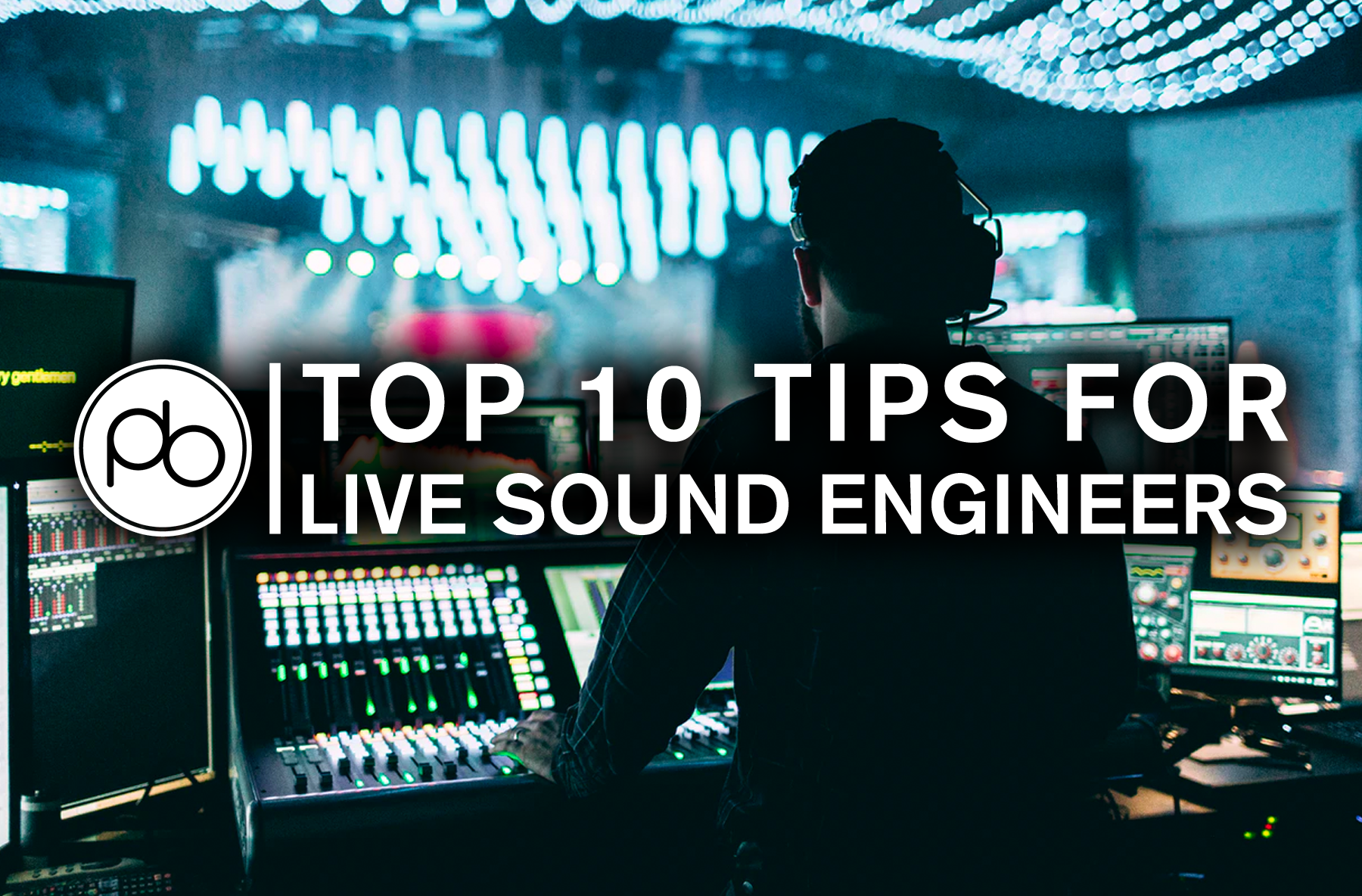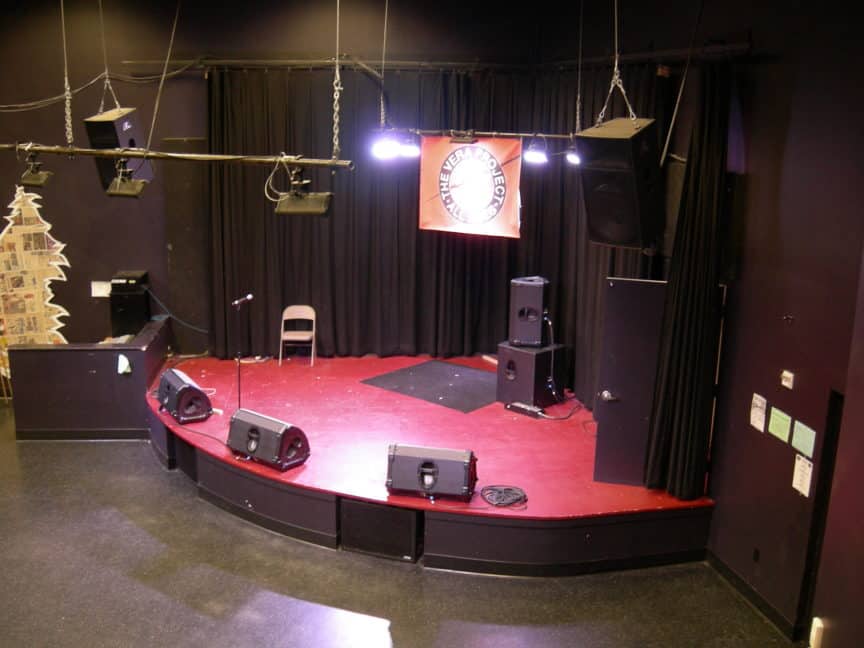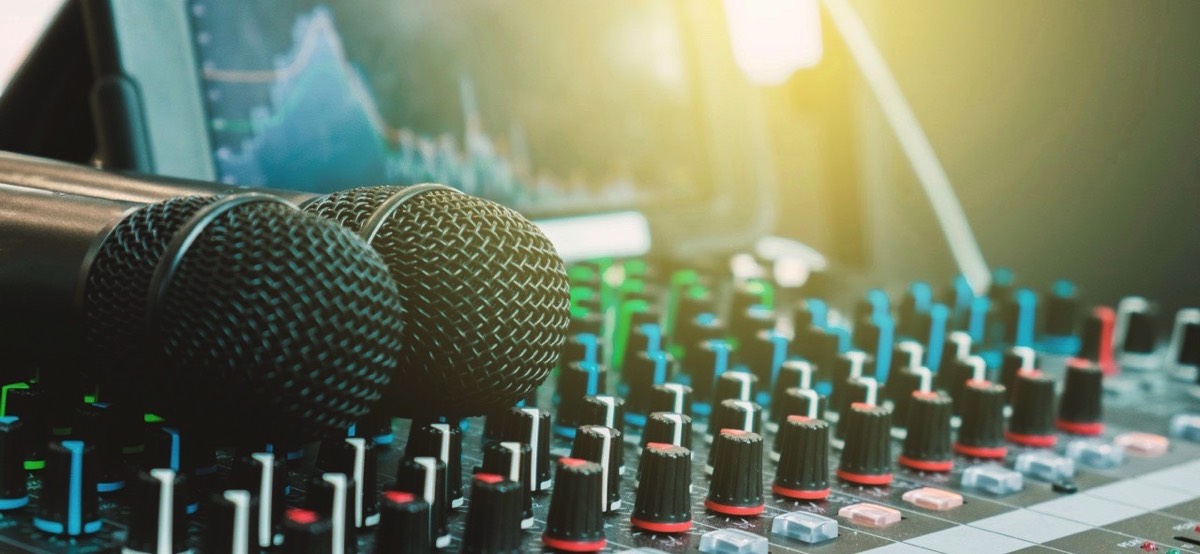

It’s a great resource for the whole audio team. Ron has included ample amounts of humor to make this dry subject matter fun to learn. He was the one who hit the red record button when Darlene Zschech sang, “Shout to the Lord”. For the novices newbies I would right to Live Audio Basics produced by Ron Davis, who was the former head audio engineer for Integrity Music. Some of you learn by watching so let me recommend a couple of resources. It’s brilliantly written and is accompanied by a DVD with video and audio content that let’s you see and hear what the text is describes. The rest of the book delves into the art and science of sound. The first 100 pages deal with he heart of a church sound operator. Bill has written dozens of books related to audio production and is the instructor for the Berklee College Online Live Sound Production course, if you really want something more intense. I can be purchased at Amazon and other sites for under $40. If you learn best by reading, (you’re still going to need to listen) my recommendations for the best book to start with would be The Ultimate Church Sound Operator’s Handbook by Bill Gibson. Or you can opt for one that has a few more benefits Quiztones for about $10.
#Best live sound mixing training how to#
If you have an iPhone or iPad and have a spare $5.00 you can learn how to EQ with Hear EQ app. One of the best websites I’ve seen for understanding frequency in sound is Independent A good starting point is to know what the frequency ranges are of vocals and musical instruments where the fundamental and harmonics occur what specific frequencies can help or hurt their sound. Learning to identify the frequencies that help or hurt a mix is non-negotiable.

Alton Everest.Īudio engineers also have trained their ears to identify problem frequencies that get in the way of a good mix or that distract and kill the moment (feedback). Keep in mind there are things you will not be able to change and it will never be identical.Ī great resource to begin with would be Critical Listening Skills for Audio Professionals by F.

Make note of the audible differences between the two and determine what controls in your system can be altered to make the room sound as close to the headphones as possible.

To your songs and compare the playback to the speakers in the room. With your headphones as a constant reference listen When you listen to music on loudspeakers in different settings, the acoustics of the space will play a large part in the reproduction. They will cost you about $200 but will outperform headphones costing twice as much: reference response and very durable. I highly recommend the Audio-Technica ATH-M50x as do about 500,000 end-users. The music will always sound the same, anywhere, in your headphones so buy a good pair of reference headphones that you can take with you anywhere. *Small and large speakers in different environments Listen to that playlist on a variety of playback devices: Listen to the same song over and over again and each time you repeat tries to pick up something new that you may have not noticed before.Īssemble a playlist of songs, across different genres (rock, jazz, classical, etc) that you are intimately familiar with. If you’re not listening to music often how can you ever expect to mix music well? They deconstruct the songs to determine how the different elements (vocals, guitars, keys, drums,) are affected in the recording: the level, the pan (stereo placement) the tone (EQ), the dynamics (compressors/limiters), the effects (reverb, delay, chorus, etc.) and how it was pieced together to make sense so one could hear each element in it’s own space. Experienced audio engineers critically listen to music for hours. You need to know how music sounds if you’re going to mix it authentically. Your ears are your greatest assets and they need to be trained and developed. The first thing I would recommend you to do is to listen to more music. Many of these are easy on your wallet but you will need to invest your time and the more time you can commit to learning and practicing, the more you will know how to do the things you’ve been assigned to do. So I am going to load you up with a plethora of resources to help fill in the gaps. You are most likely a volunteer who never made a living as an audio engineer and/or in many cases has had little training in the art and the science of recording or live sound. Faith comes by hearing! Many of you feel inadequate and under qualified. It’s a critical position and you are the one responsible for the church and its visitor’s ability to hear the WORD: in the preaching, the songs and the reading of the scripture. For those of you who are responsible for the audio in your church I just want to say “Thank You “ for your service.


 0 kommentar(er)
0 kommentar(er)
